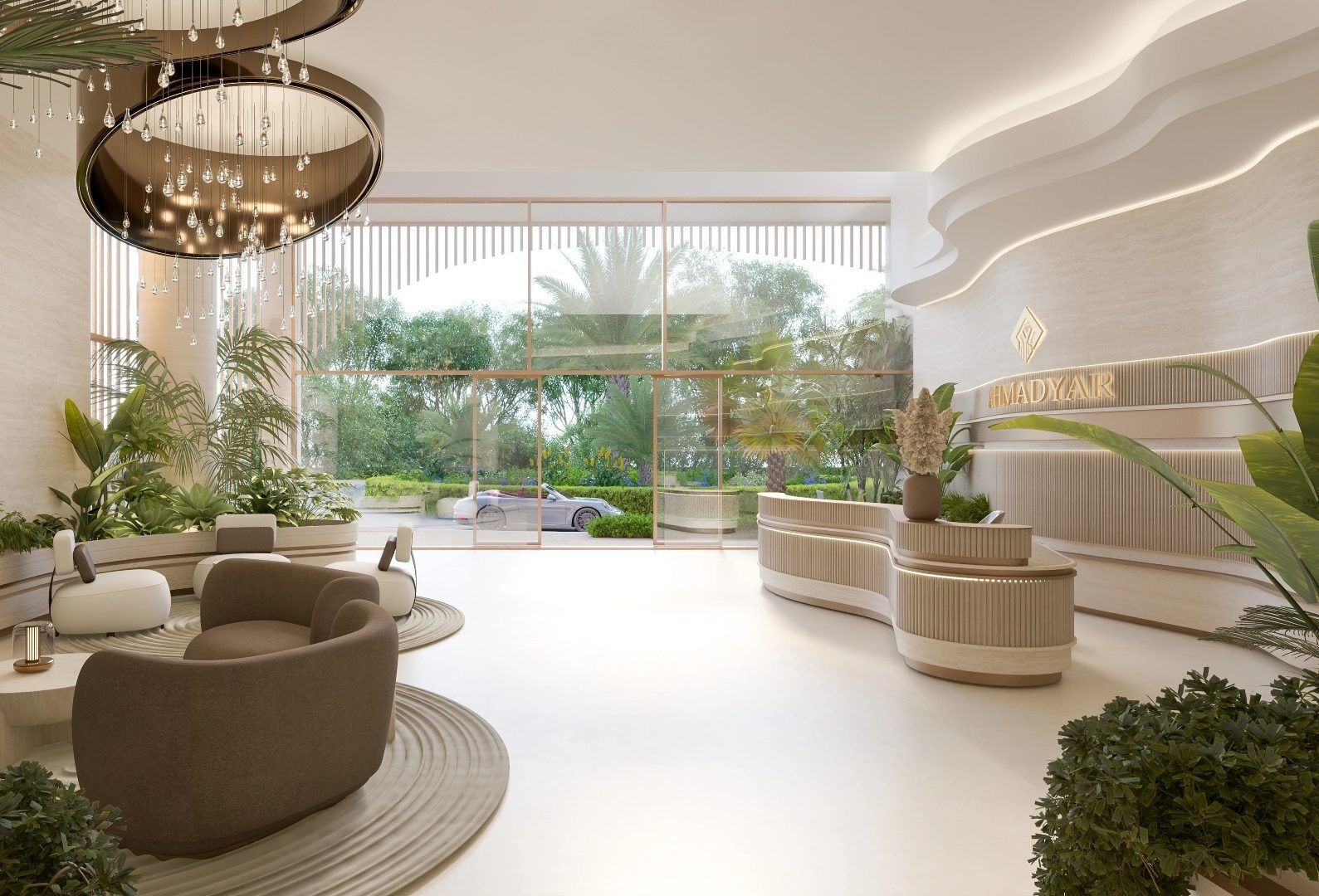Setting up a business in Dubai offers different structures, each with its own regulations and benefits. The three primary categories are mainland, free zone, and offshore formations. By comparing their features, ownership rules, and operational scope, entrepreneurs can decide which structure matches their business goals and expansion plans.
Mainland company formation:
A mainland company formation Dubai operates under the jurisdiction of the Department of Economic Development. It allows trade within the local market as well as internationally. This type of setup may entail a local shareholder for certain activities, although regulations differ based on the sector. Mainland companies can open offices anywhere in Dubai and conduct business with both public and private sector clients.
Free zone company formation:
Free zones in Dubai are specific areas with regulations designed to attract international investors. These zones often allow full foreign ownership and tax benefits within their jurisdiction. A company established in a free zone generally conducts its activities within the zone or internationally, with certain conditions for trading directly in the UAE mainland. Free zones also offer facilities like office spaces, warehouses, and licensing packages tailored to different industries.
Offshore company formation:
An offshore company is registered in Dubai but operates outside the UAE. This structure is often selected for holding assets, managing investments, or conducting business internationally without a physical presence in the country. Offshore companies benefit from simplified compliance requirements and may have confidentiality provisions regarding ownership and financial information. However, they are not permitted to trade within the UAE market.
Factors influencing the choice:
The decision between mainlands, free zone, and offshore depends on factors such as the target market, ownership preferences, tax considerations, and physical presence requirements. For businesses targeting the UAE domestic market, mainland registration provides broader access. For companies focusing on export-oriented trade, free zones may provide suitable facilities and incentives. Offshore setups are generally preferred for international operations with no local trading.
Dubai provides flexible business formation options through its mainland, free zone, and offshore structures. Each model has distinct regulatory frameworks, operational boundaries, and ownership conditions. Assessing the scope of operations, market reach, and compliance commitments in advance helps in selecting the structure that aligns best with long-term business objectives.
 How To Prepare For A Mermaid-Themed Photoshoot
How To Prepare For A Mermaid-Themed Photoshoot  6 Ways Property Developers Balance Quality And Profitability
6 Ways Property Developers Balance Quality And Profitability  Dubai Company Formation – Mainland Vs. Free Zone Vs. Offshore
Dubai Company Formation – Mainland Vs. Free Zone Vs. Offshore  Why Patek Philippe Automatic Watches Are a Collector’s Dream
Why Patek Philippe Automatic Watches Are a Collector’s Dream  Key Factors For Successful Construction Infrastructure Projects
Key Factors For Successful Construction Infrastructure Projects  The Best Vape Flavors Available For Delivery
The Best Vape Flavors Available For Delivery 


